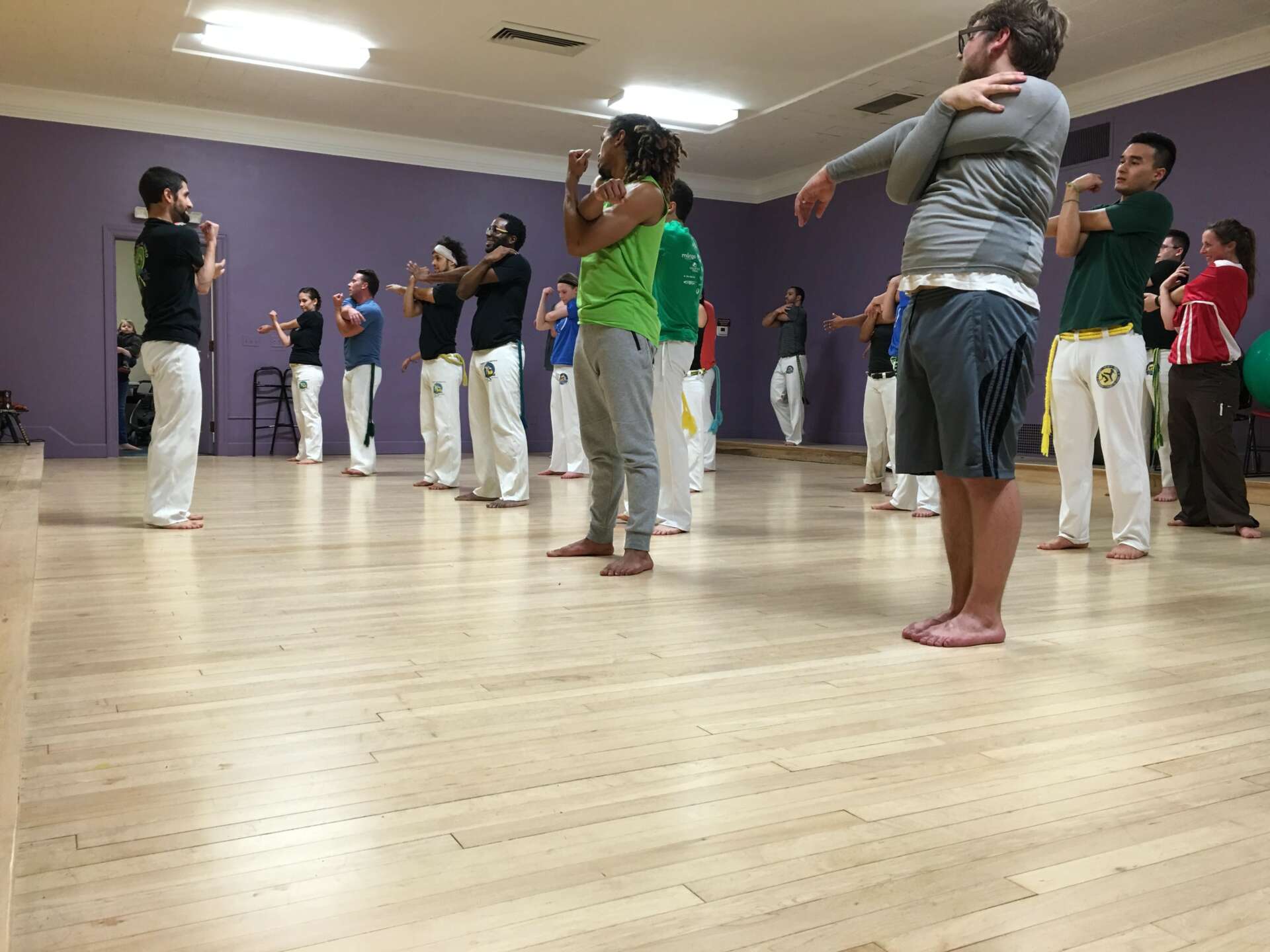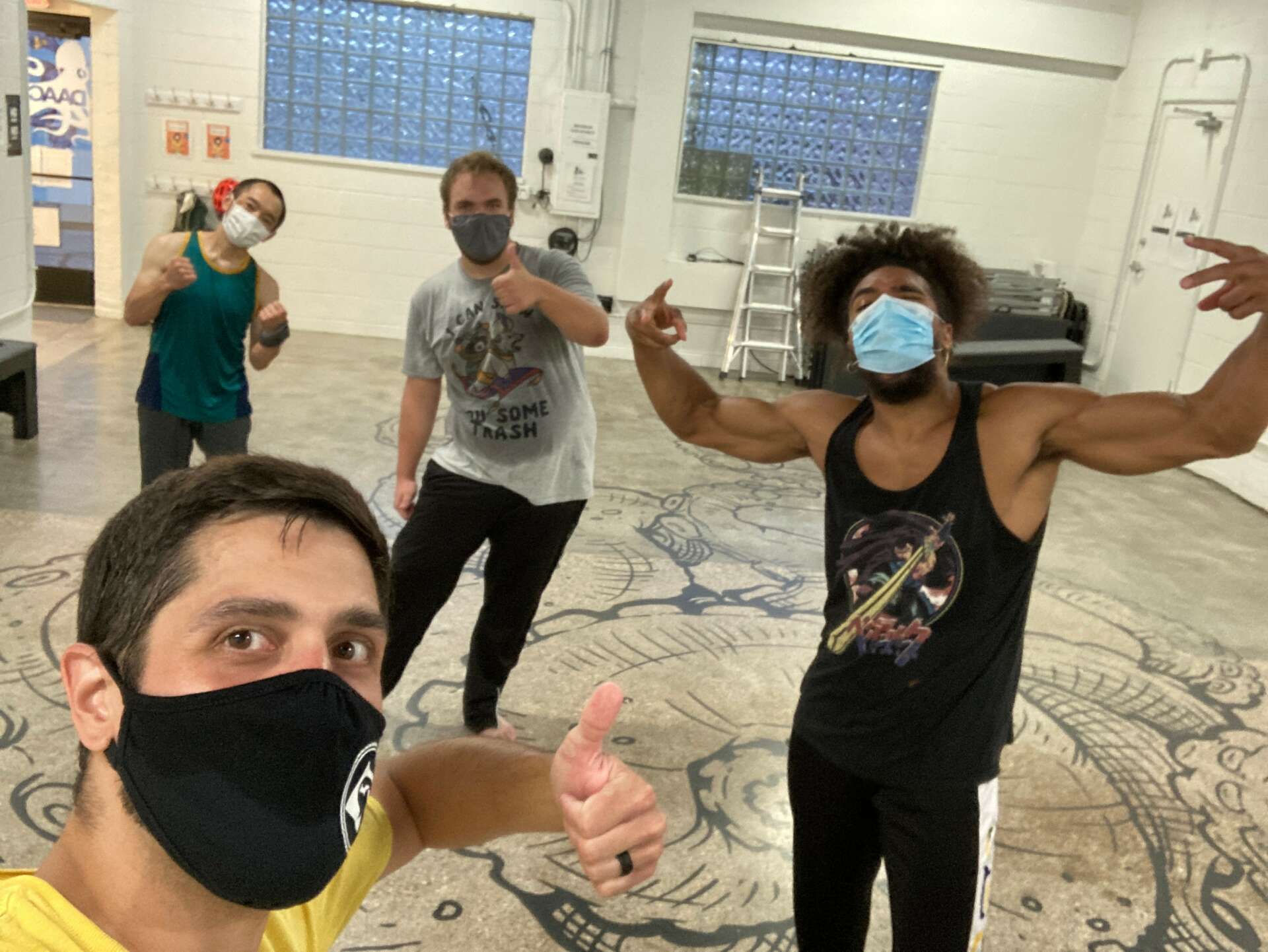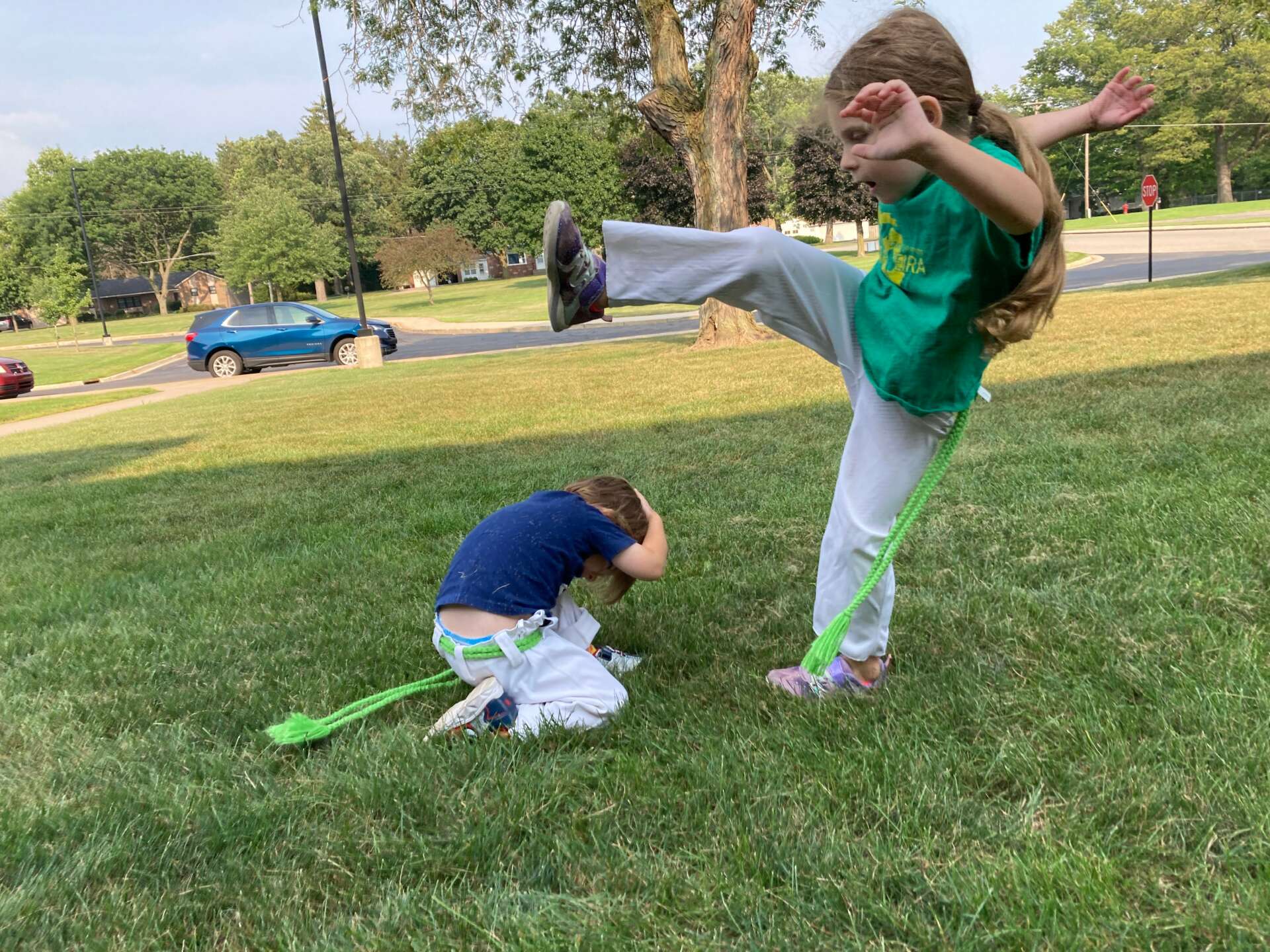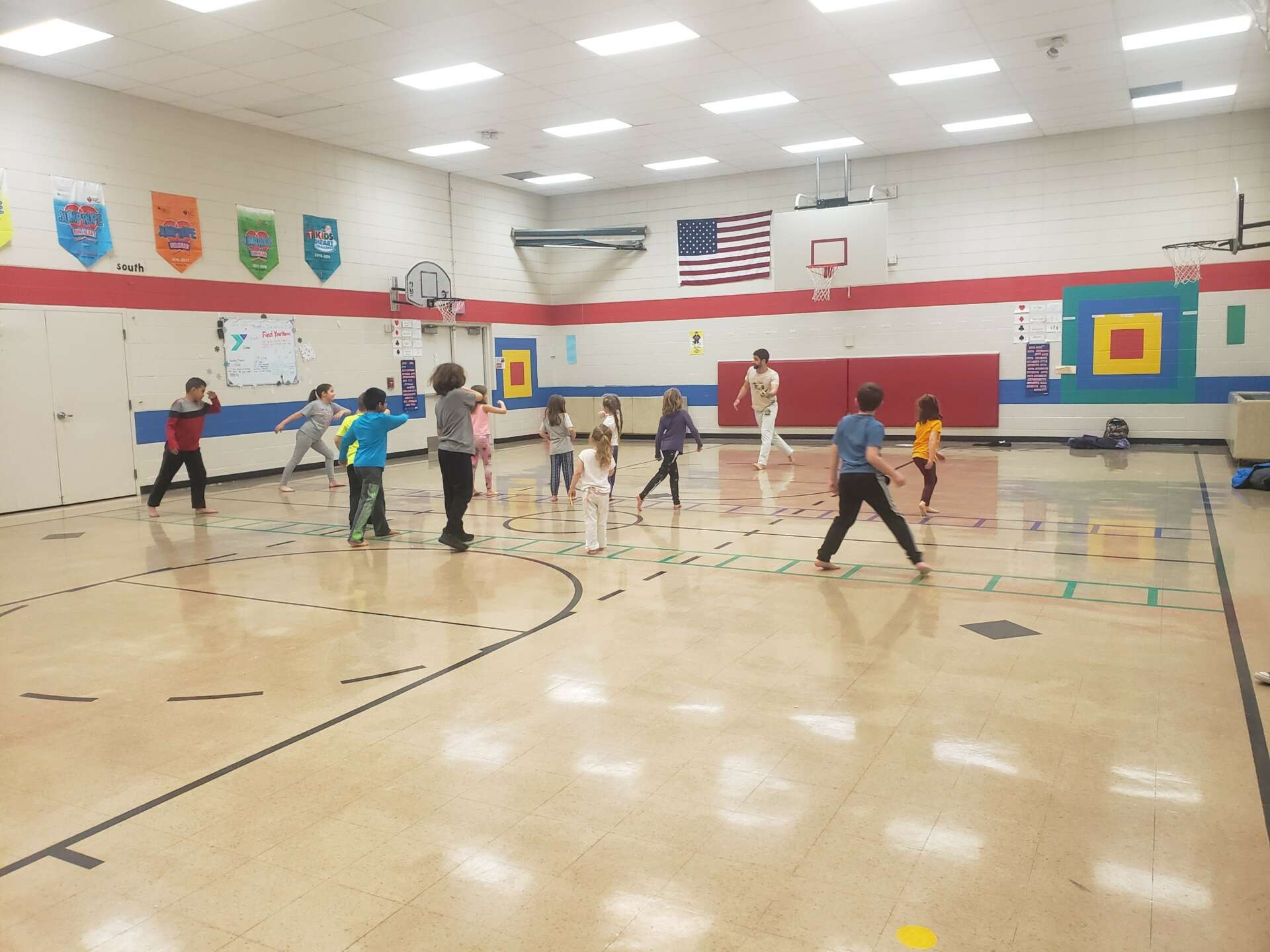We recently connected with Juston Espinoza and have shared our conversation below.
Juston, thanks for taking the time to share your stories with us today. Let’s talk legacy – what sort of legacy do you hope to build?
While I’m in no way close to being done training and teaching Capoeira, I do hope that I leave each of my students better than when they walked into their first class. It doesn’t matter if they came for one trial class, or have trained with me for years, my sincerest hope is that they’re better for it. Whether they’ve gained more confidence to move through their day, found a new passion, met people outside of their normal circle, found a safe place to learn and be themselves, or just got a good workout in. Capoeira can be a powerful tool for positive transformation, and I aim to provide an environment where my students can benefit from that.


As always, we appreciate you sharing your insights and we’ve got a few more questions for you, but before we get to all of that can you take a minute to introduce yourself and give our readers some of your background and context?
My name is Juston “Instrutor Talento” Espinoza. I started training capoeira back in 2005 at Grand Valley State University. It’s been a heck of a journey! I’ve met friends for life, traveled around the country, and of course, thrown hundreds of thousands of kicks!
I founded Grand Rapids Capoeira in 2016 to continue my teaching and revive the capoeira community in the Grand Rapids area. We’ve got adult and kids classes, as well as a couple of online courses (I’m looking to change those up and make them better).
In all my time in capoeira, the thing I’m most proud of is my students. I’ve had the privilege of teaching people from age 4 to 60 over the years and there’s never a moment where I’m not impressed by people’s ability to learn and grow. I’ve helped adults learn how to do a cartwheel after telling me they never could, and watched kid’s confidence grow exponentially from being in class. Seeing my students earn their first cordões (our belts of rank) or advance in rank fills me with pride. The thing that makes me the most proud though? When a student catches me in a game with a kick or a takedown. That, my friends, is just the best feeling.


Can you tell us about a time you’ve had to pivot?
My martial art is all about pivoting. I usually tell people it’s the art of “commitment without committing”, meaning you throw a kick with conviction, but you’re ready to pull it or change it up at any moment to adapt to the situation. And never was there a situation like that than the COVID pandemic!
Within a week, I went from training martial arts in a rented space in downtown Grand Rapids, to figuring out how to best teach a highly partner-based martial art via pre-recorded videos and Zoom. Then there was also the question of promotions. Our ceremonies are usually 100+ people affairs, with workshops for days and lots of rodas (a roda is a circle where two people play a game of Capoeira, or spar). I obviously couldn’t host our normal promotion ceremony, but my students had trained hard and remained with the group through some of the hardest times of our lives, so I adapted. I organized and hosted one of two (to my knowledge) digital promotion ceremonies in the United States.
We hosted two days of Zoom workshops with our group’s master, who lives in Paris, and other masters and teachers throughout the state. After some awesome workshops, we held the promotion ceremony.
Instead of playing a teacher or master for their cord, each student had a presentation they had to do. As the rank went higher, the presentation required more and more of the student. I had driven around town the previous week to deliver the cords to my students, so once they had presented I was able to announce that they had earned their next cord and they put it on.
The whole experience changed up my approach not just to hosting promotion ceremonies, but to how I aim to teach and spread my martial art. Just because we’re back to being able to hold class in person, doesn’t mean I’m going to completely leave virtual learning behind. If anything, it’s a way to make my school stronger moving forward.
We’d love to hear about how you keep in touch with clients.
Martial arts is a pretty connected business. I see my students frequently in class and I message them on the regular. So instead of talking about texting and FB messenger, I’d like to hit on how I use brand loyalty for customer engagement. The largest lesson I’ve learned for brand loyalty in the martial arts business is that it has nothing to do with the logo on our uniforms. It’s me. No one really cares which style or group our school belongs to. To new people coming in, I am the school. How I act, how I welcome them, how my existing students act around me is a much more important brand experience than any social post or email blast I can send out. So the way I lead is the most important thing I can do to both grow my business and earn student loyalty.
There’s also a massive amount of trust that goes into the teacher-student relationship. People need to know that they’re walking into a safe environment. Safe from physical, mental, verbal, and sexual abuse. I’ve always had rules and philosophies that I’ve taught by, but I’ve started posting my “policies” on my website and making them more clear to people who may want to come train with me. To keep it simple, I only have three:
-We’re all human beings first, everything else is secondary
-Don’t check your ego at the door, just check it in class
-Don’t train if you’re sick
The metric I use to measure if I’m successful with this? My students and the reaction of people who are just meeting me for the first time. And I gotta say, so far, it’s been a successful run.
Contact Info:
- Website: grcapoeira.com
- Instagram: http://instagram.com/grcapoeira/
- Facebook: https://www.facebook.com/grcapoeira


